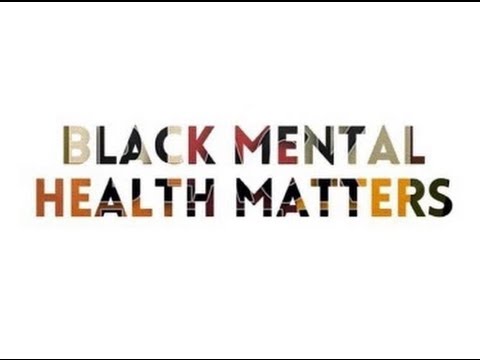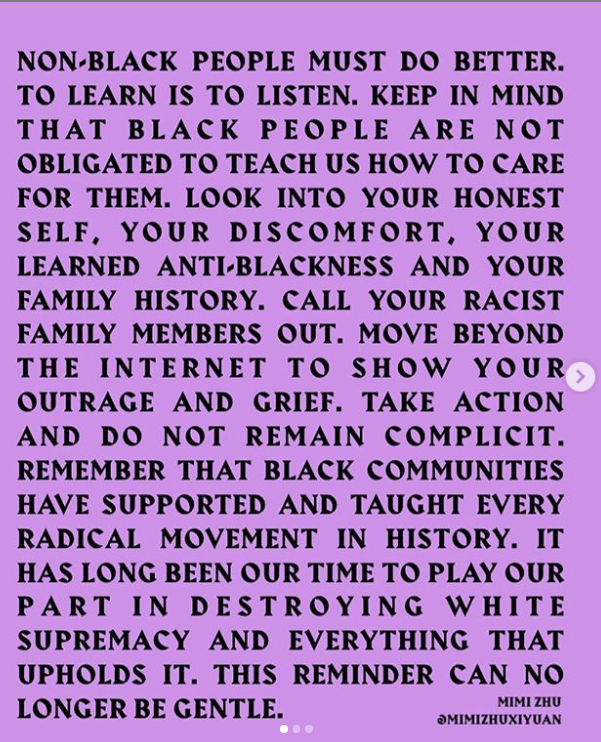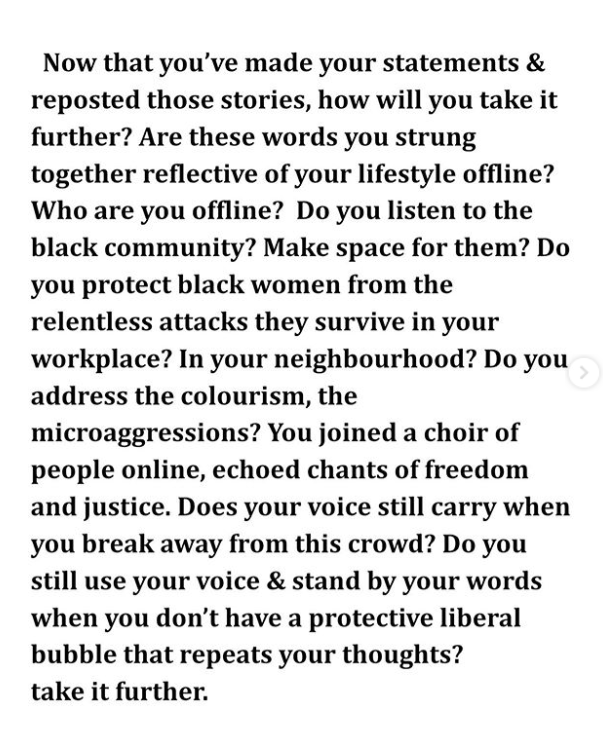The federal government has been executing federal inmates at an alarming rate. This article explores the racial bias that plagues this system and the history that it was built on.
An opinion piece by Ally Christiani

In college, my favorite part when it came to essay assignments was writing the introduction and conclusion. The introduction was like a palette cleanser, it prepared my reader for what was sure to be a lengthy argument.
I was taught to always make the conclusion powerful, encapsulating, and memorable. The word memorable is obviously subjective with its connotations.
After 4 years of divisive speech, erratic behavior, and misogynistic actions, we land on the question of the conclusion. President Trump has managed to at least prove consistency in the need to demonstrate power over responsibility. Sadly, the easiest way one can show power is through the oppression of the most vulnerable in society. He will exercise, without question, all the powers the Presidency entitles him to have, despite the moral consequences and declare it as the needs of the people.
President Trump broke a 130-year-old precedent of pausing federal executions during the transition period to a new President. Despite the voices of the people (A 2020 Gallup poll cited in the report shows the highest level of opposition to the death penalty among Americans since 1966, with 43% against it and 55% in favor of it.) and a global pandemic (some States issued stays and no State-level executions took place past July 8) 10 executions have taken place so far in the past 5 month period with 3 remaining. President-elect Joe Biden (who opposes the death penalty) is scheduled to be inaugurated on January 20th, President Trump has an execution scheduled for January 15th.
In July 2019, now former US Attorney William Barr announced the administrations decision to resume federal executions after a 17-year pause. The federal death penalty was re-established by the Supreme Court in 1988, and since then only three federal executions have taken place, all of which occurred under the Bush Administration. Barr announced they would oversee 13 executions in 2020, the most in a year by any president since 1896.
Although the death penalty falls under the literal meaning of law, it is far from law and order. Capital punishment in America is amongst the most flawed system in the criminal justice system. Since its re-establishment, it has consistently been used disproportionately against African Americans.
“African Americans make up 42% of people on death row and 34% of those executed, but only 13% of the US population is black.” (as per the Equal Justice Imitative report on the death penalty).
The explanation for this racial disparity can be traced back to the Reconstruction Era (1865-1876), where its predecessor lynching was first introduced. During this period, almost 2,000 African Americans were killed, with an additional 4,400 documented lynching’s post-Reconstruction (1877-1950). In 1972, Furman vs. Georgia, the Supreme Court first struck down the death penalty calling it “lynch law,” and said in their decision: “of these few to be sentenced to die…it is the constitutionally impermissible basis of race.” As attitudes and consequently, government evolved, new ways to oppress and discriminate hid themselves in legislation and precedents.
This years’ executions followed the trend of inherit bias and systemic discrimination that evolved from the past, and ingrained itself into the criminal justice system. Almost half of the defendants executed are people of color and 76% of the executions are for the deaths of white victims.
“As of October 2002, 12 people have been executed where the defendant was white and the murder victim black, compared with 178 black defendants executed for murders with white victims.” (as per as an ACLU report on the death penalty).
One of the more concerning flaws when it comes to the death penalty, is the number of inmates that are exonerated yearly after spending sometimes decades sitting on death row, awaiting an execution date, for a crime they did not commit. This error again, affects African Americans disproportionately.
The blockbuster movie Just Mercy brought death row stories to the big screen and forced people to face the widespread bias that reaches deep into the system. In death penalty cases, the rate of exonerations has steadily increased with 172 people being exonerated since 1973. 1,529 people have been executed in the US since 1973, 502 of those (including those this year) were African American. The Equal Justice Initiative reports that for every 9 people executed, one person on death row has been exonerated.52% of exonerees, were African American.
Despite public outcry, letters from victims’ families urging the administration to stop the executions, and activists tying up the phone lines of the White House, nothing has managed to slow down the Trump Administration’s agenda to exhaust the use of the death penalty. President- elect Joe Biden has vowed to eliminate the use of the federal death penalty and create incentives for the states who follow suit once he is sworn into office.
The death penalty in this country is nothing more than vengeance hidden through the idea of justice—an eye for an eye. It is possible that soon to be former President Trump is seeking his own vengeance, using these executions as his vessel.
Miriam Krinsky, a former federal prosecutor and executive director of Fair and Just Prosecution, said the busy execution schedule in the last days of an administration is “a sad legacy to leave.”
But I am sure, this is the exact conclusion Mr. Trump wanted to write.
Sources:
- www.cnn.com/2020/12/17/politics/federal-death-penalty-2020-trnd/index.html
- www.deathpenaltyinfo.org/executions/upcoming-executions
- www.eji.org/issues/death-penalty/
- www.bbc.com/news/world-us-canada-55236260
- www.aclu.org/other/race-and-death-penalty
- www.nymag.com/intelligencer/2020/12/trump-cranks-up-executions-on-his-way-out-of-the-white-house.html
- www.usatoday.com/story/news/politics/2020/12/03/law-officers-call-halt-executions-trumps-final-weeks/3806399001/
- www.deathpenaltyinfo.org/stories/dpic-and-black-history-month



